CppCast Episode 25: Software Transactional Memory with Brett Hall
Episode 25 of CppCast the only podcast for C++ developers by C++ developers. In this episode Rob and Jason are joined by Brett Hall to discuss Software Transactional Memory.
CppCast Episode 25: Software Transactional Memory with Brett Hall
by Rob Irving and Jason Turner
About the interviewee:
Brett Hall is the lead engineer on Dynamics, a desktop application that collects and analyzes data from the light scattering instruments built by Wyatt technology. Prior to joining Wyatt, Brett worked in web application development, remote sensing, and spent a summer in the games industry. He holds a PhD in physics from the University of California, Santa Barbara. Part of his research work involved using C++ to solve the PDE systems generated by the rest of the research. All told he’s been using C++ for around 20 years now. These days the bulk of his programming interest is in concurrency and parallelism. When not programming he’s usually hanging out with his family and/or mountain biking.

 Have you registered for CppCon 2015 in September? Don’t delay –
Have you registered for CppCon 2015 in September? Don’t delay – 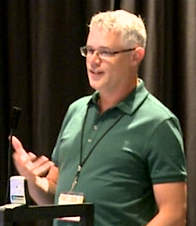 Have you registered for CppCon 2015 in September? Don’t delay –
Have you registered for CppCon 2015 in September? Don’t delay – 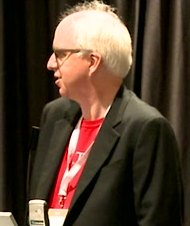 Have you registered for CppCon 2015 in September? Don’t delay –
Have you registered for CppCon 2015 in September? Don’t delay – 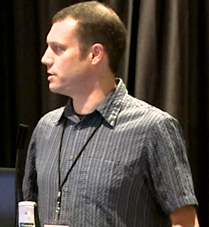 Have you registered for CppCon 2015 in September? Don’t delay –
Have you registered for CppCon 2015 in September? Don’t delay – 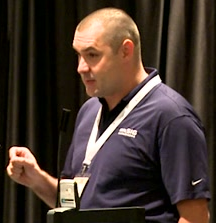 Have you registered for CppCon 2015 in September? Don’t delay –
Have you registered for CppCon 2015 in September? Don’t delay – 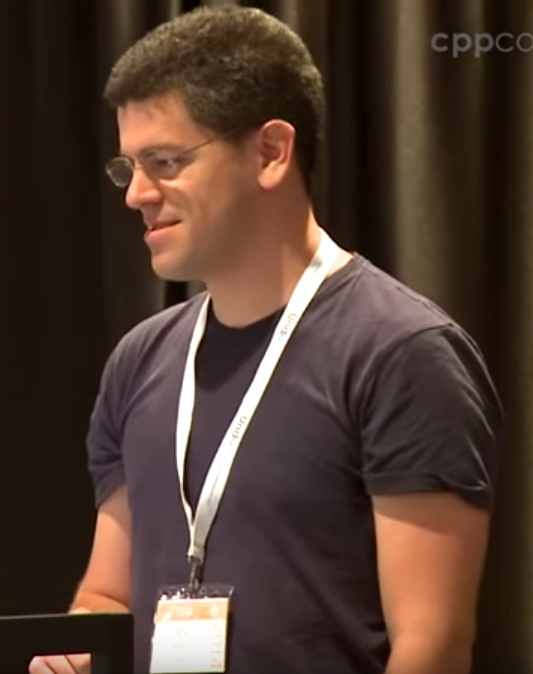 Have you registered for CppCon 2015 in September?
Have you registered for CppCon 2015 in September?  Here is the last talk from Bjarne Stroustrup:
Here is the last talk from Bjarne Stroustrup: